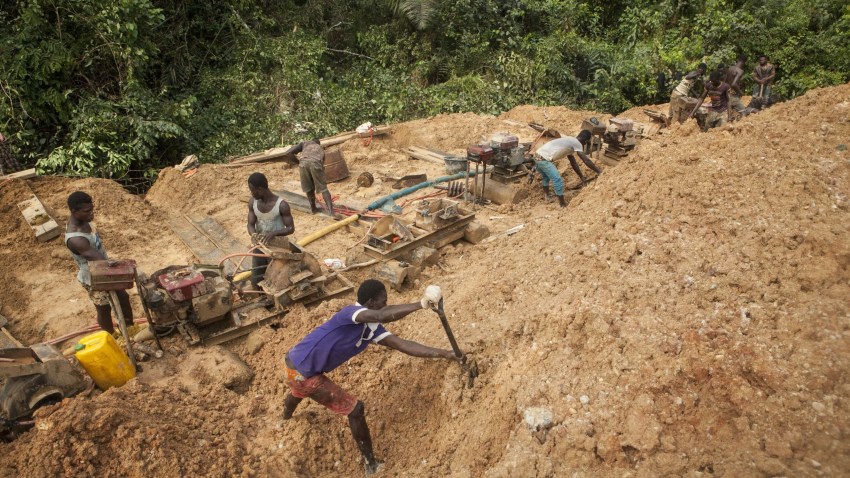At last year’s United Nations COP28 Climate Change Conference, Ghanaian President Nana Akufo-Addo actively sought out countries to partner with Ghana toward fulfilling its commitments under the Forest and Climate Leaders’ Partnership. Launched during COP27 in 2022, the FCLP is a vehicle to help implement a commitment made by over 140 world leaders the year before to “halt and reverse forest loss and land degradation by 2030, whilst delivering sustainable development and promoting an inclusive rural transformation.”
According to Akufo-Addo, Ghana’s program, “Resilient Ghana: Advancing Climate Action for Prosperity,” will demonstrate how to transform a country’s forest sector and strengthen its economy in tandem. Among its ambitious objectives, the program aims to halt deforestation and restore 2 million hectares of degraded land, access international carbon markets, boost cocoa production and position Ghana as a global leader in sustainable timber production. Resilient Ghana is also projected to increase tourism, create jobs and generate $12 billion through 2030.
The program has won plaudits, with several countries and organizations already partnering with Ghana to implement it, including the United Arab Emirates, which has pledged $30 million. But to many Ghanaians, Resilient Ghana sounds like just another one of Akufo-Addo’s grandiose pronouncements, quickly put together to impress global audiences, but without a clear strategy or deep commitment toward actualizing it.

